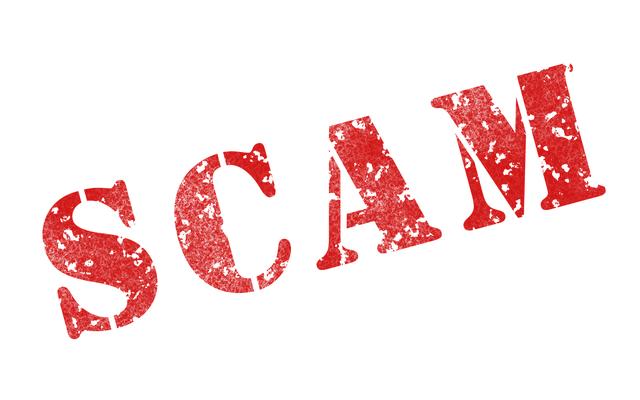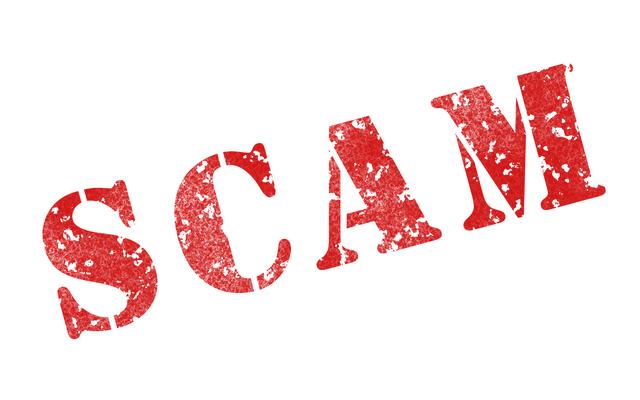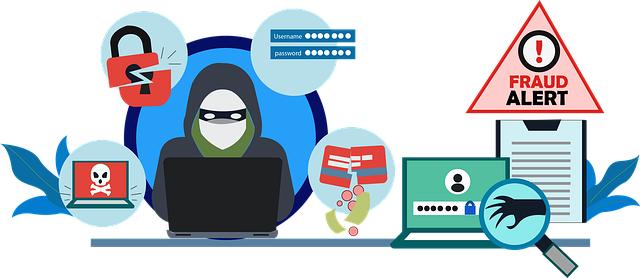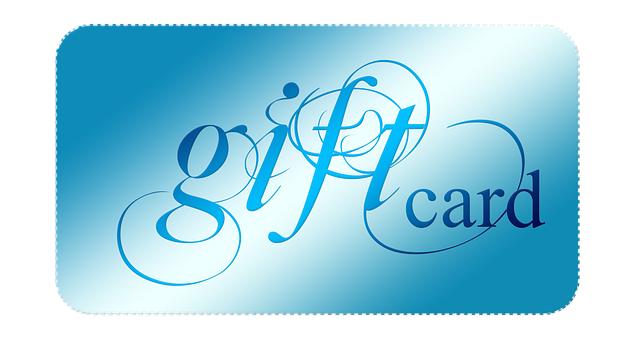- Introduction
- Understanding Gift Card Scams
- Recognizing the Signs of a Scam
- How to Protect Yourself from Scams
- Reporting a Scam Effectively
- Conclusion
- FAQs
Introduction
In 2024, gift card scams continue to pose a significant threat to consumers. With the rising popularity of gift cards as convenient and versatile payment options, scammers have adapted their tactics, making it crucial for individuals to stay informed and vigilant. In this article, we will explore essential aspects of gift card scams, including what they are, how to recognize their signs, protective measures you can take, and how to report any scam attempts effectively.
Understanding the nature of these scams is the first step toward safeguarding yourself. We will then delve into identifying common signs that could indicate a scam, followed by practical advice on how to protect your finances. Finally, we'll highlight the importance of reporting scams to help combat this growing issue.
Understanding Gift Card Scams
Gift card scams typically involve fraudsters tricking victims into purchasing gift cards and sharing the card information, often under the guise of legitimate reasons. This could involve impersonating a company representative, government official, or even a friend or family member. By exploiting trust, these scammers manage to steal significant amounts of money from unsuspecting victims.
Common tactics include telling individuals that they owe money, need to pay taxes, or must purchase gift cards to claim a prize. These scenarios are designed to create urgency, pushing victims to act quickly without considering the potential for fraud.
The rise of technology has only made this type of scam easier for criminals. Social media platforms, emails, and even phone calls are used to fall victims into their traps. With the emergence of digital communication channels, it has become paramount to educate ourselves about the diverse methods used by scammers.
Gift card scams can happen in various forms, such as phishing scams via email where fraudulent messages prompt users to reveal sensitive information, or fake websites imitating reputable companies that request payment through gift cards. Being aware of these methods is key to recognizing when you may be targeted.

(Image: Pixabay/@geralt)
Recognizing the Signs of a Scam
The first line of defense against gift card scams is being able to recognize the signs. Understanding the differentiating factors between genuine requests for gift cards and scams can save you considerable time and trouble.
One common red flag is if someone pressures you to act quickly. Scammers often use high-pressure tactics to rush you into making impulsive decisions. They might claim that immediate action is required to avoid severe consequences, creating an atmosphere of fear.
Another sign is vague or unusual payment requests. Legitimate businesses typically allow various payment forms, and insisting on a specific brand of gift card should raise suspicion. Always question why a gift card is the preferred method, especially if someone you've never met before suggests it.
Additionally, check for inconsistencies in communication methods. Scammers may reach out via unsolicited phone calls or messages coming from unusual sources, often using spoofed phone numbers or emails that do not match official correspondence. Should you receive such a query, it's advisable to verify with the company directly through their known contact information.

(Image: Pixabay/@TheDigitalArtist)
How to Protect Yourself from Scams
To ward off the threat of gift card scams, it’s essential to adhere to preventative measures. One effective strategy is to educate yourself and your loved ones about ongoing scams, communicating how they work and their tactics. Make sure everyone understands that no legitimate organization will ask for payment via gift cards.
Create a habit of scrutinizing any requests for gift cards, especially if they seem out of the blue or come from unfamiliar sources. Don't hesitate to ask questions and seek verification before proceeding with any transactions. Your caution could prevent financial loss.
Consider setting up alerts or monitoring services that track your credit and finances. Should a scam succeed, quick detection can be vital to mitigating damage. Those alerts can notify you of suspicious activities before they escalate, providing you with some layer of security against fraud.
Simplifying payments is another effective tactic. Whenever possible, rely on well-known and secure payment platforms that offer protective features against fraud. Safeguarding your financial information online, such as using secure connections and avoiding public Wi-Fi for transactions, can dramatically minimize the risk of falling victim to gift card scams.

(Image: Pixabay/@TheDigitalArtist)
Reporting a Scam Effectively
If you suspect you've fallen victim to a gift card scam, acting promptly is crucial. Reporting the scam to local authorities ensures that the situation is documented and can potentially help others from experiencing the same fate. Provide as much detailed information as possible regarding the scam, including dates, communication methods, and any personal details shared.
In the United States, consider reporting the incident to the Federal Trade Commission (FTC). This organization collects data on scams to promote awareness and helps to track and capture fraudsters. Similarly, your local consumer protection agency can address your concerns and initiate additional investigations.
For incidents involving unauthorized charges or transactions, immediately contact the company that issued the gift card to discuss potential remedies. Depending on their policies, you might be able to recover your funds, but prompt reporting is imperative.
It’s also wise to inform the retailer where the gift card originated. Many retailers actively monitor fraudulent activity and can assist in tracking down the scammers to protect other customers. By taking these steps, you contribute to a larger effort in combating the issues surrounding gift card scams.

(Image: Pixabay/@Fidsor)
Conclusion
Gift card scams remain a pressing issue in 2024, but understanding their nuances and recognizing the warning signs can empower consumers. By staying informed, questioning unusual requests, and protecting personal information, individuals can significantly reduce their risk of falling victim to these schemes. Reporting scams helps build a safer community and aids in curtailing these fraudulent activities. Equip yourself with knowledge and watch for red flags - your vigilance is the best defense against gift card scams.
FAQs
How do I know if a gift card request is a scam?
Look for high-pressure tactics, unusual payment requests, or demands for specific brands of gift cards. Legitimate companies won't insist on gift card payments.
What should I do if I fall for a gift card scam?
Immediately report the scam to local authorities, the FTC, and the retailer associated with the gift card. Provide as much detail as possible.
Can I recover my lost funds after a gift card scam?
While recovery options vary, contacting the gift card issuer promptly may yield results. However, success often depends on timing and the retailer's policies.
Are there actual gift card scams happening in 2024?
Yes, gift card scams remain prevalent. It’s important to stay updated on new scam tactics and educate yourself and others to reduce risk.
How can I teach my family about gift card scams?
Discuss various scam scenarios openly, share real-life examples, and conduct exercises where they identify potential red flags in communications.
What resources are available for learning about gift card scams?
Numerous organizations, including the FTC and local consumer protection agencies, provide educational materials on recognizing and avoiding scams.

